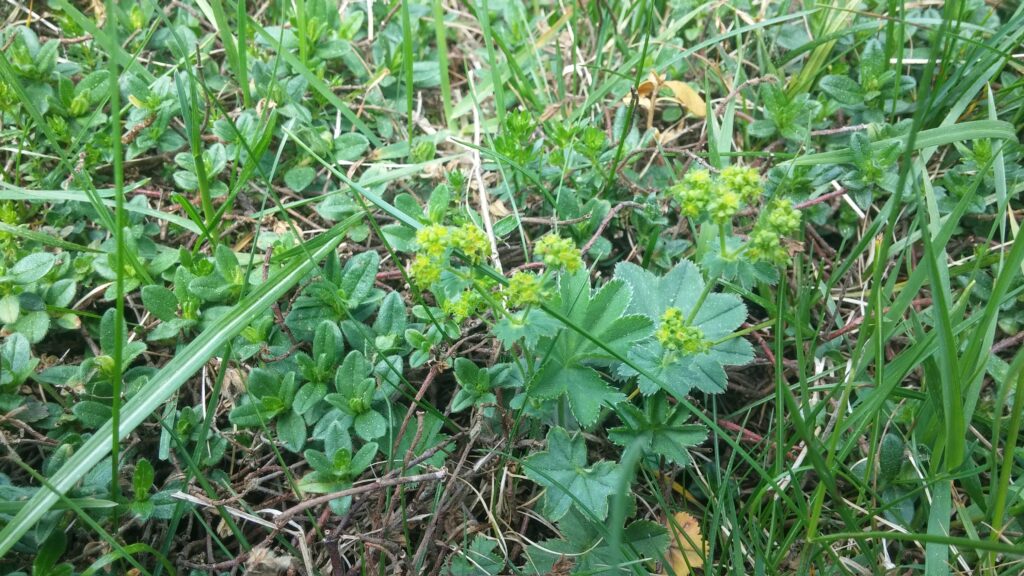Biodiversity loss and the plight of pollinators
Jacob Usinowicz
For BELIEVE. 11/20/2023
Deep in the Amazon rainforest their numbers are growing: The Living Dead. They stand by roadsides in increasing numbers, a warning to the rest of the world of what may come. But the Living Dead are not sentinels of the zombie apocalypse. They are Brazil nut trees that cannot reproduce because their specialized pollinators have been lost from the forest undergrowth to fragmentation and slash-and-burn practices.
Pollination is the cornerstone of agricultural production and the very bedrock of global food security. The deep connection between pollinators—bees, butterflies, birds, and bats—and flowering plants sustains the delicate balance upon which our agricultural systems rely. It is one of the most important services embedded in our diverse natural world, and it is under dire threat as species vanish and the intricate web of life upon which we depend unravels further.
The repercussions of dwindling pollinator populations reverberate far beyond the confines of the Amazon. Diminished pollination directly impacts crop yields, leading to reduced agricultural productivity and escalating food prices. The WWF and IPBES estimate that in Europe alone, 84% of 264 agricultural crops depend on pollinators. If pollination by insects ever needed to be replaced by artificial pollination it has been estimated to cost about EUR 153 billion every year.
Addressing this crisis requires concerted efforts. As Carlos Rodriguez, Director of Biodiversity for the Global Environment Facility, and many others have pointed out, protecting pollinators demands collaborative action that includes governments, local communities, and corporate partners to promote sustainable agricultural practices and preserve habitats.
In response to these challenges, people have begun to take action at levels from the global to the local. The FAO has taken initiative to help many nations develop action plans for pollinator conservation. Local organizations founded by amateur bee specialists, such as Switzerland’s Urbanwildbees, actively work to educate farmers and policymakers about the importance of pollinators and promote practices that support their conservation.
Corporations play a pivotal role in the fight to save pollinators. For example,The Body Shop may be vital to preserving biodiversity in the Amazon, as per a report from The University of Cambridge Institute for Sustainability (CISL). The Body Shop’s commitment to sustainable sourcing, exemplified by its Community Trade Sourcing Programme with 29 suppliers, and its Sustainable Sourcing Charter, is a leading model for biodiversity-focused supply chains. Notably, they’re tackling the challenges faced by Brazil nut trees, essential for their cosmetic oils, showcasing their dedication to understanding and supporting crucial ecosystems.
As always, education emerges as a crucial tool in the preservation of pollinators. Environmental educators across continents have stressed that integrating biodiversity conservation into educational curricula fosters a deeper appreciation for the interconnectedness of life on Earth, and inspires future generations to protect our natural world.
The plight of pollinators symbolizes a broader crisis of biodiversity loss, demanding urgent action and a collaborative approach. By heeding the warnings from experts and institutions, fostering awareness, and implementing sustainable solutions, we can safeguard this vital ecosystem service and pave the way for a more sustainable future.
